 Who are you, what are you doing?
Who are you, what are you doing?
My name is Talgat Bainazarov. I have been teaching mathematics in secondary school. At the moment I am a vice-principal at newly opened Nazarbayev Intellectual School in Karaganda.
I am the translator of GeoGebra UI into Kazakh (my native language) and the Chair person in the GeoGebra Institute of Astana
When did you first try GeoGebra?
I first tried GeoGebra in 2009 when I was a university student on a workshop for prospective teachers held by a public school. Since then GeoGebra has become a good friend of mine.
Year 2009 was just an introduction. I didn`t go deep into it. A great impact on my enthusiasm was made in 2011 by the first GeoGebra ambassador Guillermo P. Bautista Jr. I came across to his blog when I was searching for step-by-step tutorials. I learned a lot from his tutorials in his wonderful blog Mathematics and Multimedia.
He brought me an idea of establishing a local GeoGebra Institute (there are 3 in my country now). After having learned to use GeoGebra step by step, I started to produce videotutorials and presentations in Kazakh.
What do you hate in GeoGebra?
The only thing that I feel pity about is that 8 years had past for this wonderful software to reach me. I wish I had known and used in my study at school.
What do you love in GeoGebra?
I love people in the GeoGebra community. All of the members of team are so responsive, enthusiastic and helpful that newly involved people in the community are easily “infected” by their passion to spread dynamic tool for mathematics to everyone. I have students, who in some way have become teachers, in the GeoGebra Institute of Astana, because they are making video, presentations and translations. They have created a public page on a social network. They are sharing their knowledge and ideas. The feeling of contribution in the education has been driving them ahead. I guess, the same can be told about all the students around the world who are involved in the GeoGebra community.
What are the GeoGebra related activities you participate?
- The first activity is the workshop for maths teachers that I led in my hometown Kostanay in 2011
- The next year AEO “Nazarbayev Intellectual schools” invited Zsolt Lavicza to Astana for the August conference and a two day workshop. I assisted him on the workshop
- In May, 2013 we hosted Zsolt Lavicza and Istvan Juhos for the workshop. This visit was very productive, because we managed to meet a lot of important people who became more interested in the GeoGebra. We are expecting good changes in the development of mathematics in Kazakhstan.










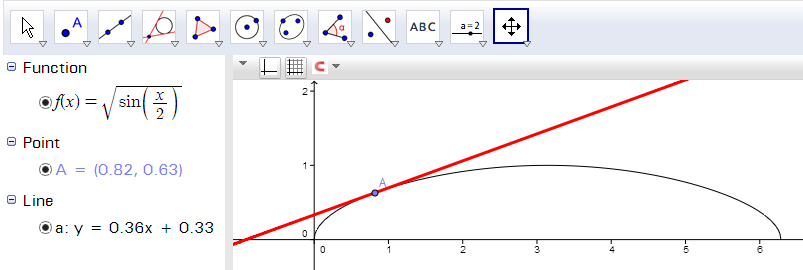
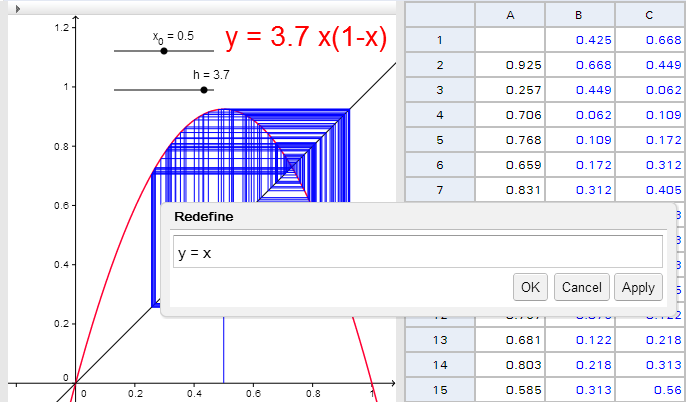

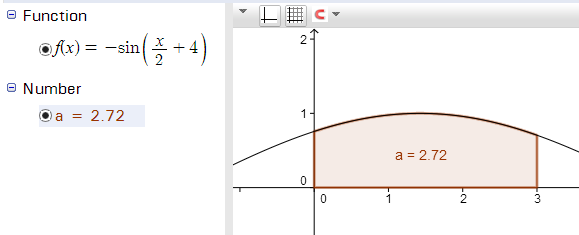
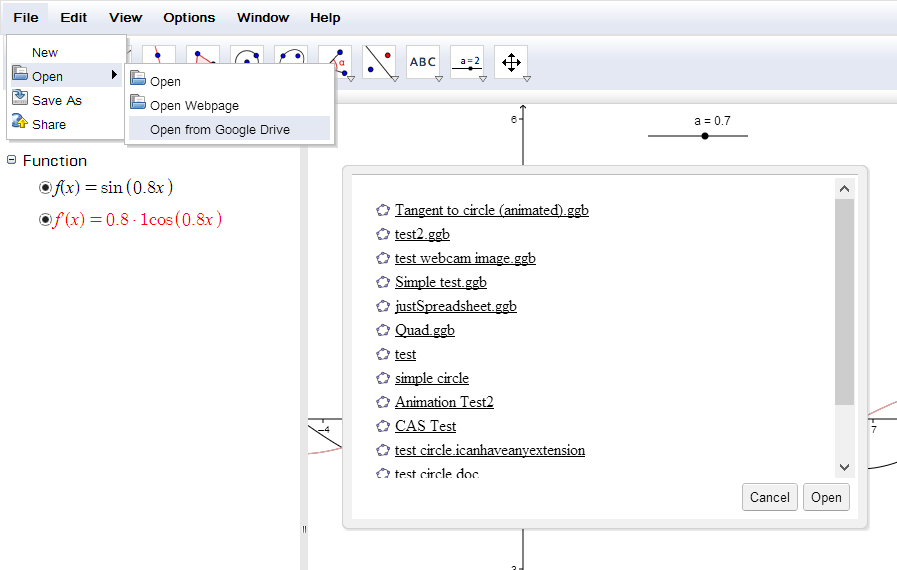
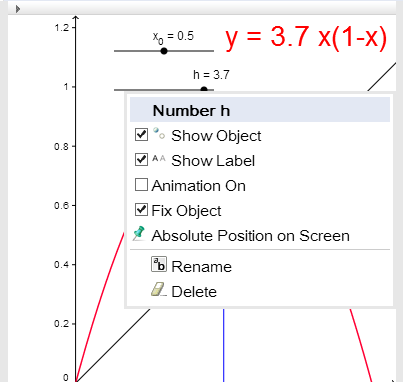




Recent Comments